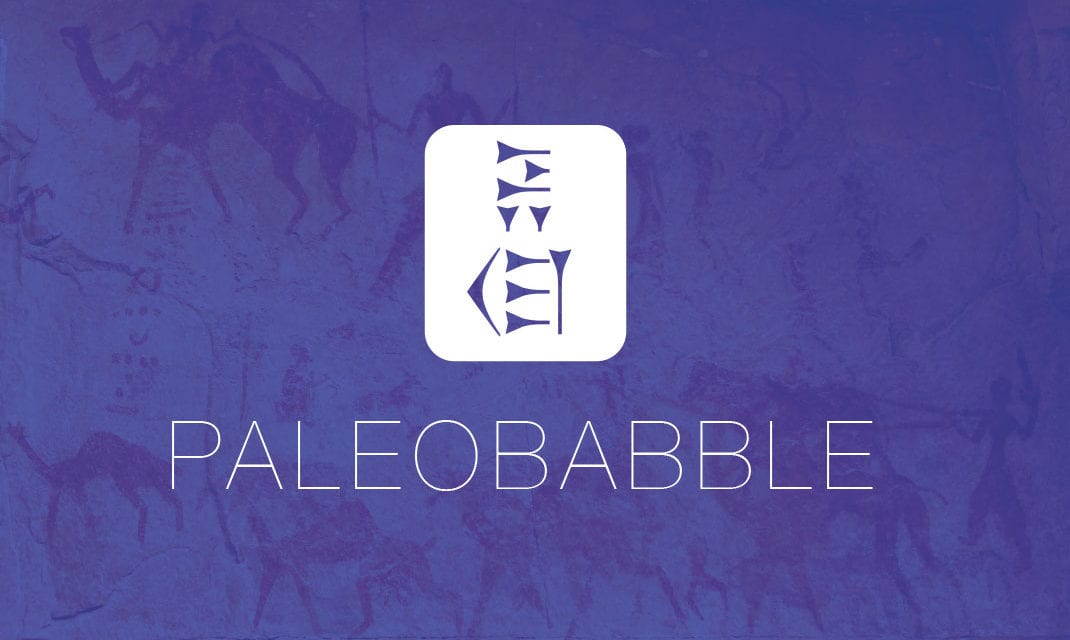I came across this lengthy essay (from this past August) recently. It’s a good article that provides a number of links for understanding the history and past cultural applications of the 2012 Mayan “prophecy” nonsense. It’s a good starting point for research into the mythology. Very informative.
Getting to Know Your 2012 Apocalyptic PaleoBabble







Not so good on, um, Christianity though is it! Harry Jesus Potter H Christ on a bicycle . . [sic] . .oh dear.
And not that good a rundown either, but i suppose great for the ‘learned’ skeptic crowd.
As I have said before, i don’t know of anyone on the ‘new age’ [ i should say ‘metaphysical’ scene although that sounds even worse :)] proposing an end to anything other than a calendar . and perhaps the global banking system [look out!]. and none of them ever have talked about the end of the world [what does that even mean?] . even the most out there ‘new agers’ as they would be called. It’s only that awfu 2012l film, which is not worth mentioning, unless to conflate with presumed idiocy and gullibility. rather a ‘straw man’ argument if I may. The argument is this; People saw that film. Then they took it seriously. Then they based millinarial cults around it. Not so. Lazy argument.
All people who ‘believe’ in any kind of ‘mayan’ stuff . . or ‘nonsense’ as you might put it, see it as a new beginning, if anything. Or at least a new possibility.
Harder to poke fun at though, obviously.
Ho hum. Could do better.
I hope you’ll post back here again on Dec 22.
I’ve recently been thinking about how modern and post-modern philosophy have changed how the scholarly community “does” history.
I’ve basically come to the idea that in the ancient and medieval worldviews, history was more about questions of “why”… History had a moral, it was meant to explain why things happened, why they were the way they were etc.
Scholars in the modern worldview essentially abandon questions of “why” to focus on questions of “how”. In other words, history (along with everything else) is looked at in more mechanistic terms. There is no why, there is only how. How did something happen, how did things come to be the way they are.
This would be an expression of modern scientific method applied to history (for better or worse).
The reason I bring this up in response to the essay posted here is that as I was reading it I was struck by the attitude of historical and anthropological scholars of shock and surprise that the average person took their musings ‘seriously’.
It strikes me as an extension of the modernist (and post-modernist) worldview that scholars have essentially taken the view of their own work as irrelevant and largely meaningless to the popular culture and the common man. So much so that they are actually shocked when popular culture does assign meaning to their work (and almost necessarily meaning they didn’t intend).
I would also offer up for consideration the idea that popular culture spawns movements like 2012 using scholarly material when possible, or more commonly pseudo-scholarly material because people inherently need to assign meaning to history. People not only need meaning in history, they need history to provide a setting, or a framework for their own lives.
I would argue that the modern version of historical scholarship has essentially left popular culture hungry for meaning and also identity that our ancestors found in their historical narratives and legends. I think that this hunger and void, if you will, has basically left fertile ground for a lot of the movements like 2012, new age, etc that have begun in the last few decades.
I think you make some good points here. The academy’s abandonment of pop culture can’t *only* be due to the “publish or perish” pressure.
Excellent comment and thought provoking points. Why? is an essential question for any critical thinker! As far as studying the 2012 phenomenon is concerned: Who do you trust? Why?